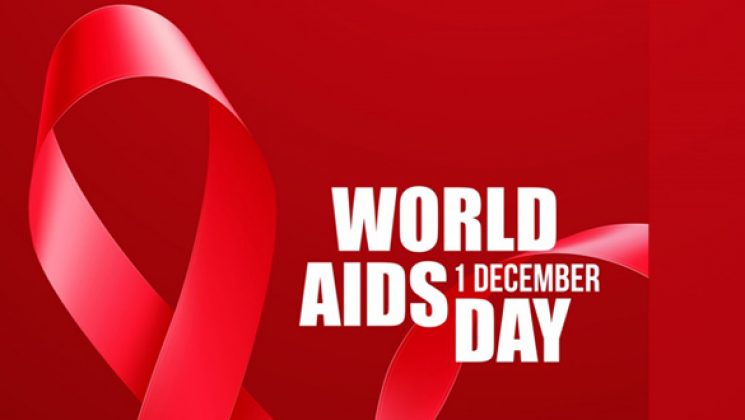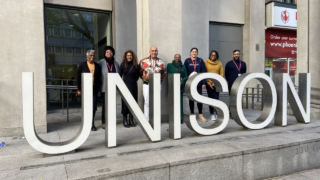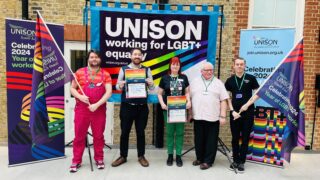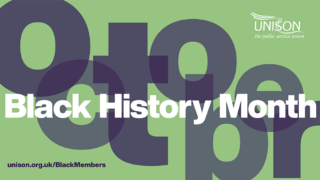WHAT IS WORLD AIDS DAY?
World AIDS Day takes place on the 1st December each year. It’s an opportunity for people worldwide to unite in the fight against HIV, to show support for people living with HIV, and to commemorate those who have died from an AIDS-related illness. Founded in 1988, World AIDS Day was the first ever global health day.
WHY IS WORLD AIDS DAY IMPORTANT?
Over 100,000 people are living with HIV in the UK. Globally, there are an estimated 36.7 million people who have the virus. Despite the virus only being identified in 1984, more than 35 million people have died of HIV or AIDS, making it one of the most destructive pandemics in history.
Today, scientific advances have been made in HIV treatment, there are laws to protect people living with HIV and we understand so much more about the condition. Despite this, each year in the UK around 6,000 people are diagnosed with HIV, people do not know the facts about how to protect themselves and others, and stigma and discrimination remain a reality for many people living with the condition.
World AIDS Day is important because it reminds the public and government that HIV has not gone away – there is still a vital need to raise money, increase awareness, fight prejudice and improve education.
LET’S END IT
End isolation
End stigma
End HIV transmission
This year in the UK there have been the first significant reductions in HIV diagnoses for gay men in London, thanks to frequent testing, rapid treatment and PrEP. Let’s grow this success so that it includes everybody at risk, across the UK.
But our fight is not just about the virus. For the more than 100,000 people living with HIV in the UK, ignorance and discrimination can still limit opportunities, preventing them from living full and happy lives. HIV means you are more likely to live in poverty, and more likely to have poor mental health.
This is an exciting turning point. But we need a new burst of energy to end stigma, end HIV transmission and end the isolation experienced by people living with HIV, for good.





